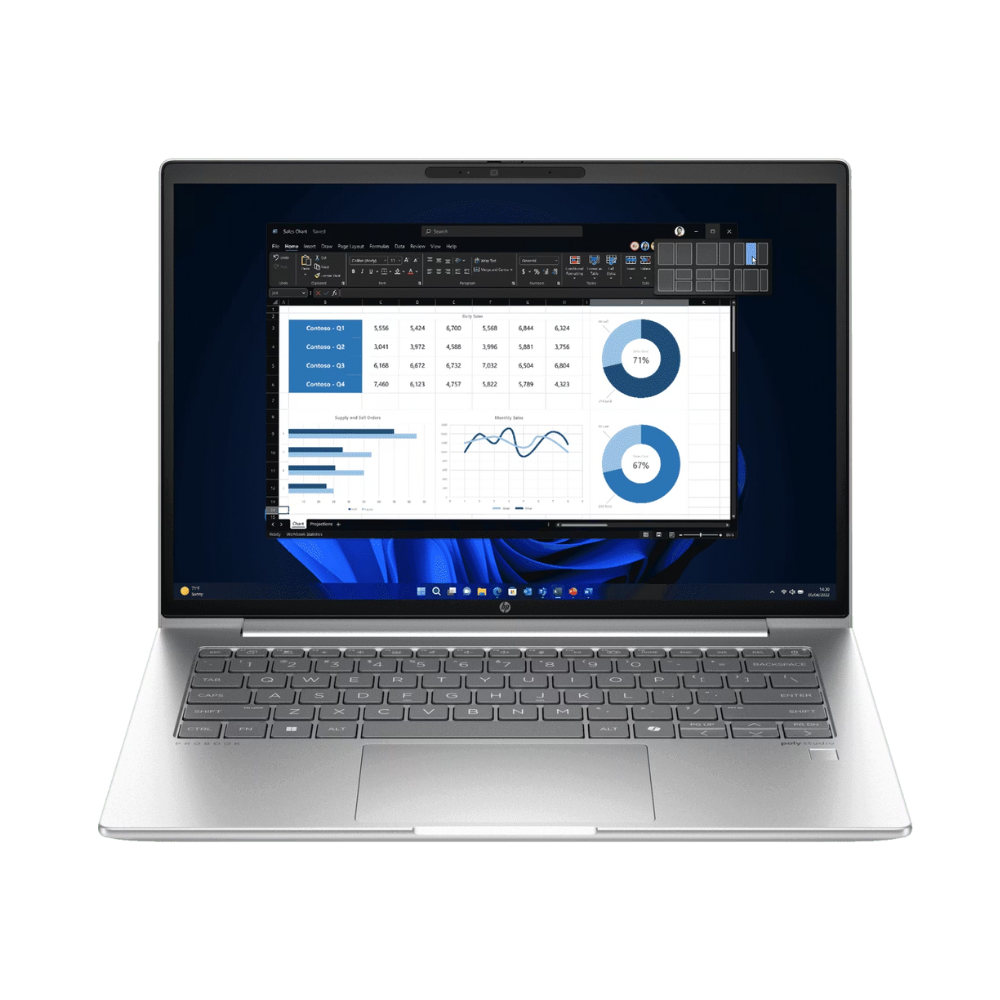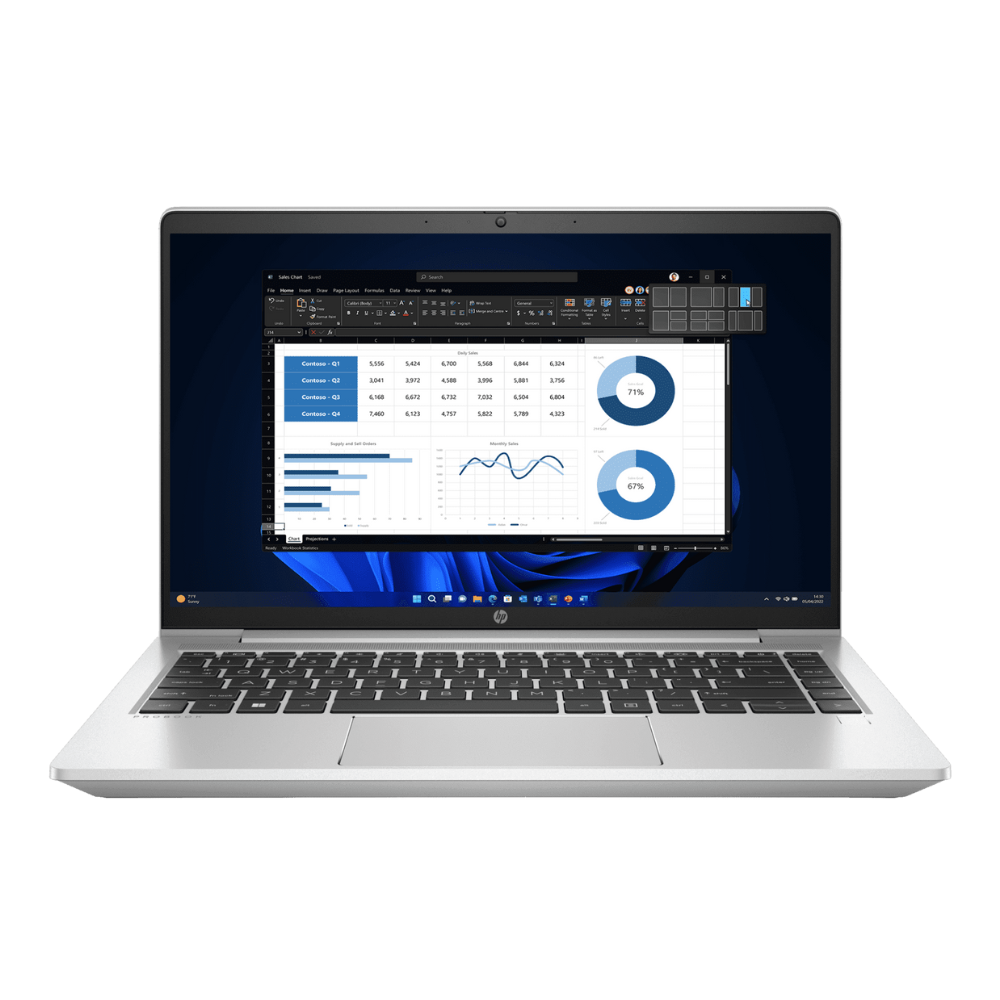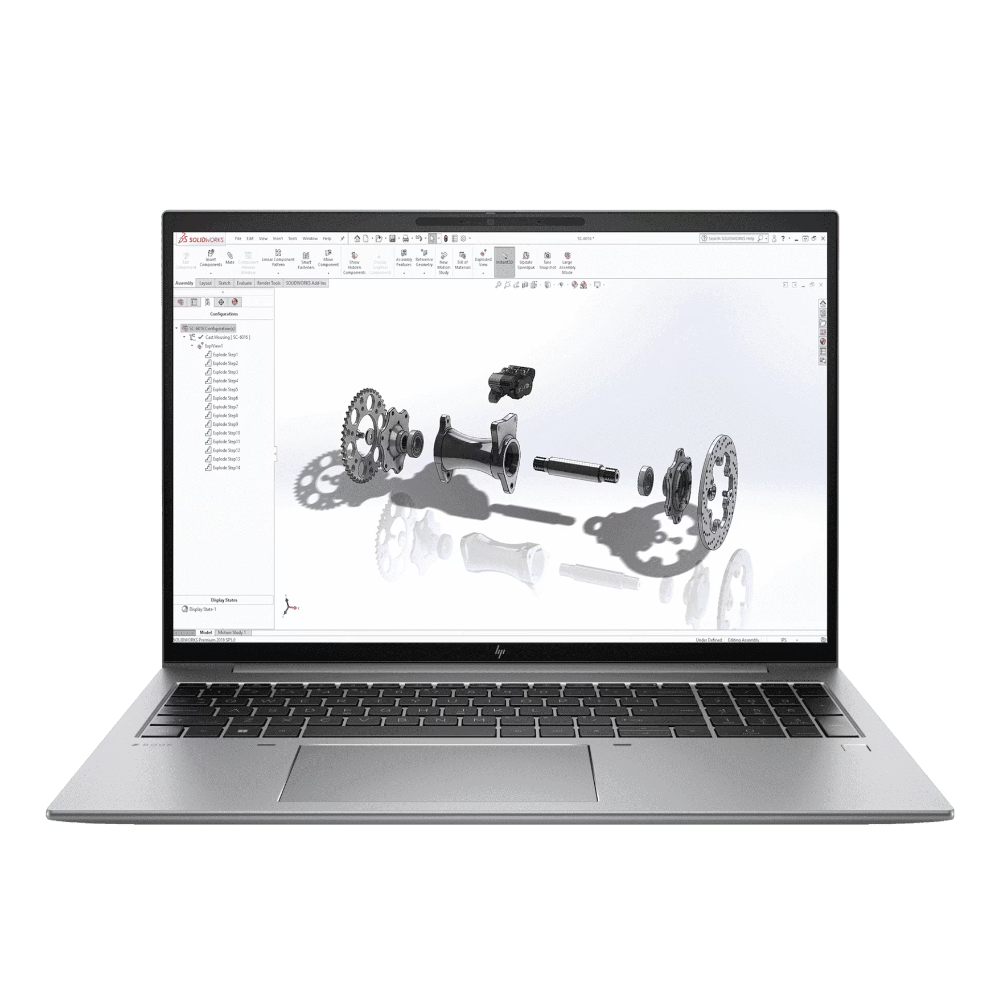Rugtek Thermal Printing vs. Dot Matrix Printing: Which is Right for Your Business?
When it comes to business printing solutions, choosing between thermal printers and dot matrix printers can be challenging. Each technology has its own strengths, making it suitable for specific industries. At Supreme Computers – Trusted Printer Dealer in Chennai, we help businesses select the right printing solution based on speed, durability, cost, and purpose.

What is Thermal Printing?
Thermal printers use heat-sensitive paper to produce clear, fast, and noise-free prints. They are commonly used in retail stores, restaurants, hospitals, logistics, and ticketing systems.
Key Benefits of Thermal Printing:
-
High-speed printing – Up to 200–300 mm/sec (ideal for busy counters).
-
Low maintenance – Minimal moving parts reduce breakdowns.
-
Crisp print quality – Perfect for barcodes, QR codes, and receipts.
-
Compact design – Saves space and easy to install.
-
Silent operation – Customer-friendly in retail environments.
What is Dot Matrix Printing?
Dot matrix printers use impact pins and ink ribbons to print on paper. They are best for multi-part forms, invoices, and carbon copies, making them suitable for banks, government offices, warehouses, and manufacturing units.
Key Benefits of Dot Matrix Printing:
-
Multi-part printing – Supports carbon copies (2–6 layers).
-
Durability – Functions well in dusty/industrial environments.
-
Cost-effective – Low running cost with affordable ribbons.
-
Heavy-duty printing – Handles continuous forms and long reports.
Thermal vs. Dot Matrix Printing: Detailed Specifications
|
Feature / Spec |
Thermal Printer |
Dot Matrix Printer |
|
Print Technology |
Direct heat on thermal paper |
Impact pins with ink ribbon |
|
Print Speed |
200–300 mm/sec (very fast) |
200–600 characters per second (slower) |
|
Print Quality |
200–300 dpi (sharp, clear) |
60–180 dpi (basic text) |
|
Noise Level |
Silent |
Noisy (impact sound) |
|
Media Type |
Thermal paper only |
Plain paper, multi-part forms |
|
Maintenance |
Very low |
Moderate (ribbon replacement needed) |
|
Cost Per Print |
Slightly higher (due to paper cost) |
Very low |
|
Durability of Print |
Fades over time (sensitive to heat/light) |
Long-lasting (on plain paper) |
|
Best For |
Receipts, labels, barcodes, tickets |
Invoices, multi-copy forms, government/industrial use |
Which Should You Choose?
-
Choose Thermal Printing if: You need fast, quiet, and high-quality receipts/labels in retail, hospitals, logistics, or ticketing.
-
Choose Dot Matrix Printing if: You require multi-part carbon copies, bulk reports, or rugged performance in industrial or government setups.
Why Buy from Supreme Computers?
At Supreme Computers, we provide both thermal and dot matrix printers from top brands with warranty, expert support, and genuine supplies.
✅ Over 30 years of trusted service
✅ Printer solutions for all business needs
✅ Competitive pricing with after-sales support
Conclusion
Both thermal printing and dot matrix printing serve different purposes. Thermal is best for speed and clarity, while dot matrix excels in durability and multi-part printing.
👉 For the best deals on thermal and dot matrix printers in Chennai,
Visit Now on
Website: www.supremeindia.com
Email: esupport@supremeindia.com
Call / WhatsApp: 7305844492 / 9500017188






